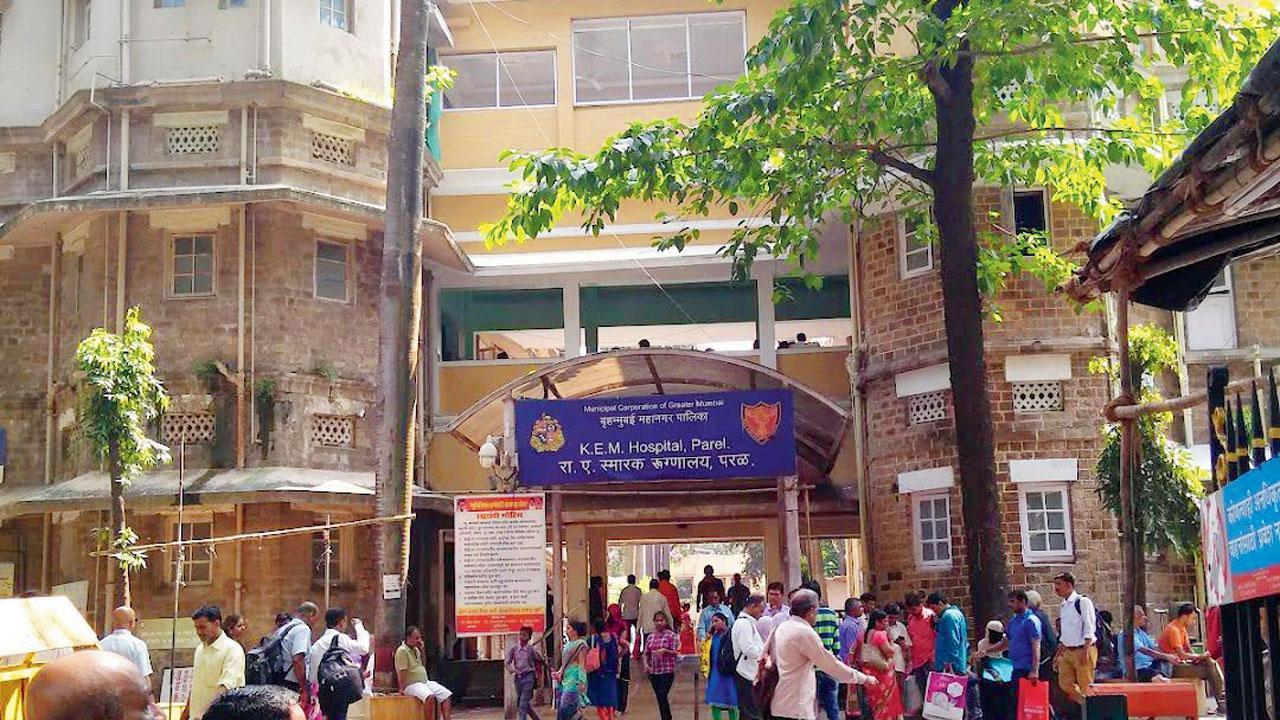mid-day pored through the manifestos of every party to see what carrots they are dangling before Mumbai’s electorate

The BJP manifesto vows to strengthen primary healthcare and continue its insurance schemes like Ayushman Bharat. Representation pic
AS the city is set to go to the polls on May 20, it is time to revisit the party manifestos released for this election season. Mumbai has six seats, with Congress contesting two, BJP three, Shiv Sena (UBT) four, and Shiv Sena (Eknath Shinde) three.
Here’s a look at what parties promise on certain parameters.
Healthcare
The Sena (UBT), Congress, as well as the BJP manifestos promise better healthcare services. The Shiv Sena manifesto promises to equip hospitals with modern equipment and provide necessary facilities in primary health centres. The Congress manifesto is more specific, promising universal and free healthcare to all in public health centres such as hospitals, clinics, primary health centres, mobile healthcare units, dispensaries and health camps. According to their manifesto, these centres will include examination, diagnostics, treatment, surgery, medicines, rehabilitation and palliative care. It also promises that the Rajasthan Model of cashless insurance up to Rs 25 lakh will be adopted for universal healthcare. It also promises paid maternity leave, wherein employers will be made to mandatorily grant the same to women.
The BJP manifesto vows to strengthen AIIMS and primary healthcare and continue its insurance schemes like Ayushman Bharat. It states that it will expand the existing health services focused on the prevention and reduction of anaemia, breast cancer, cervical cancer and osteoporosis. It also states that it will launch a focused initiative to eliminate cervical cancer. Furthermore, it promises to expand the traditional system by organising regular Ayush camps rooted in ayurveda, yoga and other traditional practices for senior citizens.
Goods and Services Tax
The Congress and Shiv Sena manifestos address issues related to the Goods and Services Tax (GST). Shiv Sena promises to consult economists for appropriate reforms to alleviate the burden on state governments and small businesses. The Congress manifesto also promises to replace GST with GST 2.0, which it states will be based on the universally accepted principle that GST shall be a single, moderate rate (with a few exceptions) that will not burden the poor.
It further promises tax relief to shopkeepers and small retail businesses that face intense competition from online businesses. It also resolves to allocate a portion of GST to panchayats and municipal corporations.
The BJP promises to simplify the GST portal to increase accessibility to users, especially MSMEs and small traders. Both parties prioritise agricultural reform. Shiv Sena pledges to remove GST on agricultural inputs, improve crop insurance and ensure fair prices for agricultural produce. Similarly, the Congress manifesto emphasises the welfare of farmers by promising loan waivers, fair crop prices and better access to credit.
Employment
The Shiv Sena (UBT) promises employment for rural youth and those in local areas, while the Congress manifesto pledges to create a Diversity Commission that will measure, monitor and promote diversity in public and private employment and education. Congress further promises to restructure the Fund of Funds Scheme for startups and allocate 50 per cent of the available fund, “as far as possible”, equally among all districts, to provide funds to those below 40 years of age to start their own businesses and generate employment.
The BJP manifesto promises to expand the range of programmes to further expand the tourism sector and increase employment opportunities. It further promises to make India a global manufacturing hub for employment creation.
Education
Sena (UBT) promises that the youth of Maharashtra will receive highly modernised education in the state at the university level. The manifesto gives priority to research and skill development with job options after education. It also promises sports facilities in every district along with “happy schools”. Furthermore, it promises to focus on the physical and mental health of students in schools and states that it will implement schemes to give special attention to students with non-communicable diseases. The Congress manifesto promises a one-time waiver of student loans, including unpaid interest, as a measure of relief due to “widespread unemployment”. It states that the banks will be instead compensated by the government for the same.
The BJP manifesto promises to increase the number of institutions of higher learning. It further states that it will promote the usage of the education stack for personalised and flexible learning management systems through initiatives under PM e-Vidya such as SWAYAM, SWAYAM PRABHA, etc. It further promises the creation of a digital university and working towards a 100 per cent gross enrolment ratio from pre-school to the secondary level. Furthermore, it promises to expand skilling opportunities for self-employment.
 Subscribe today by clicking the link and stay updated with the latest news!" Click here!
Subscribe today by clicking the link and stay updated with the latest news!" Click here!










